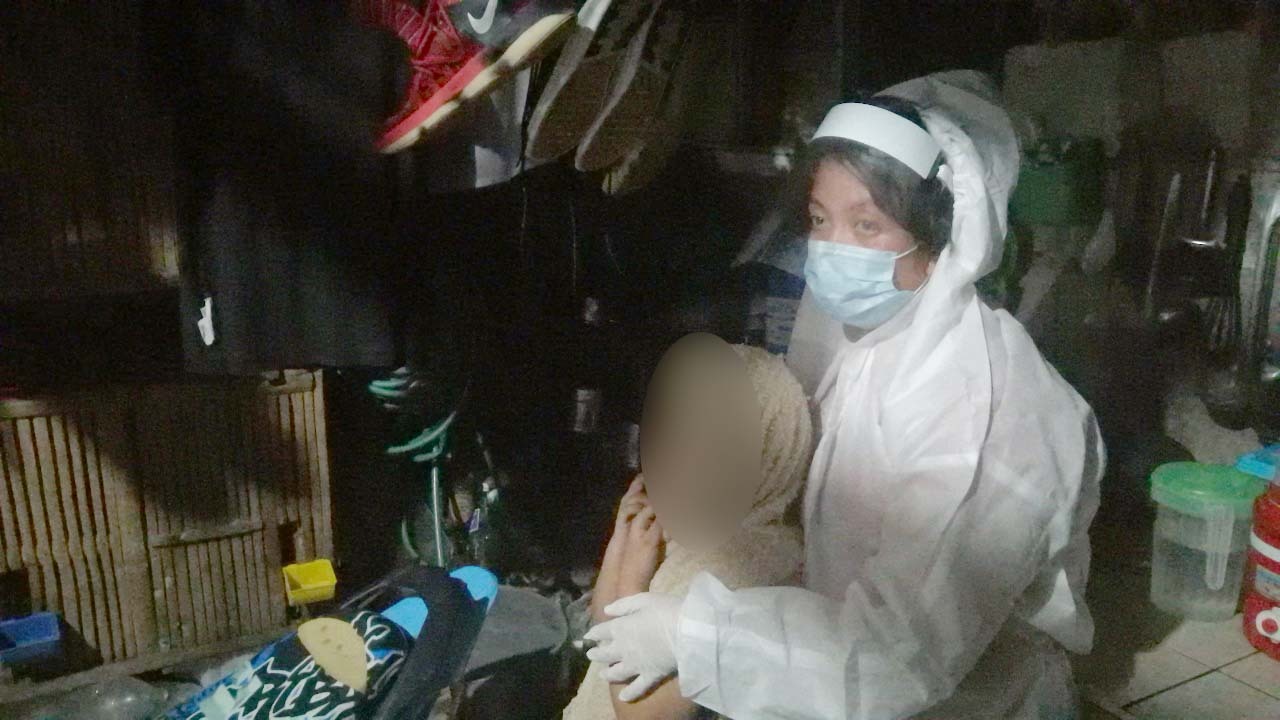MEDIA RELEASE: AFP referral leads to rescue of 4 children from cybersex trafficking

Tuesday 3 June 2020
CALOOCAN CITY, THE PHILIPPINES – Last Friday 29 May, an Australian Federal Police (AFP) referral to the Philippine Internet Crimes Against Children Centre (PICACC) led to the arrest of a 35-year-old woman and the rescue of her three children and their cousin. The woman had offered to livestream the sexual abuse of the children in exchange for money.
“This arrest in the Philippines demonstrates how close working relationships between Australian law enforcement, PICACC agencies and our international partners can ensure the protection of children around the world,” said AFP Acting Senior Officer in the Philippines, Detective Sergeant Graeme Marshall.
“The Australian Federal Police congratulates the joint Philippine National Police and National Bureau of Investigation team on another successful operation that saved four children from abhorrent sexual abuse.”
The children – aged between 4 and 17 – are now at a shelter where they are receiving trauma-informed interventions.
Friday’s operation is the latest in a string of rescue-arrest operations that began with AFP intelligence through the PICACC, a cooperation among local and international law enforcement, in partnership with non-government organisation, International Justice Mission (IJM). Since commencement in February 2019, the PICACC has conducted 53 operations resulting in the rescue of 181 victims and the arrest of 51 cybersex trafficking suspects.
“Well done to all the members of the PICACC on yet another successful joint operation that has brought four precious children to safety,” said Jacob Sarkodee, IJM Australia’s Interim Chief Executive. “IJM is honoured to be part of such an effective collaboration and we will also continue to rally Australians to end cybersex trafficking of children.”
###
Note to Editors:
The Terminology Guidelines for the Protection of Children from Sexual Exploitation and Sexual Abuse, also known as the Luxembourg Guidelines, prescribes the use of the term “child sexual abuse material” or “child sexual exploitation material” instead of “child pornography”, except when referencing the name of statute. Sexualized material that depicts or otherwise represents children is a representation, and a form, of child sexual abuse and should not be described as “pornography.”
MEDIA ENQUIRIES
For media enquiries, contact:
Bryan Henderson
[email protected]
0452 556 779
Images, including rescue footage, available upon request.